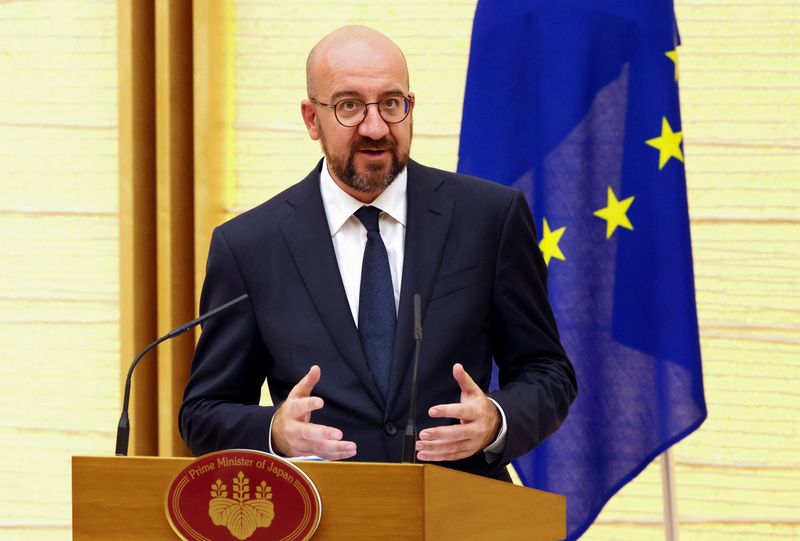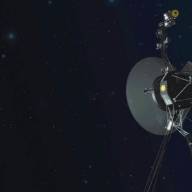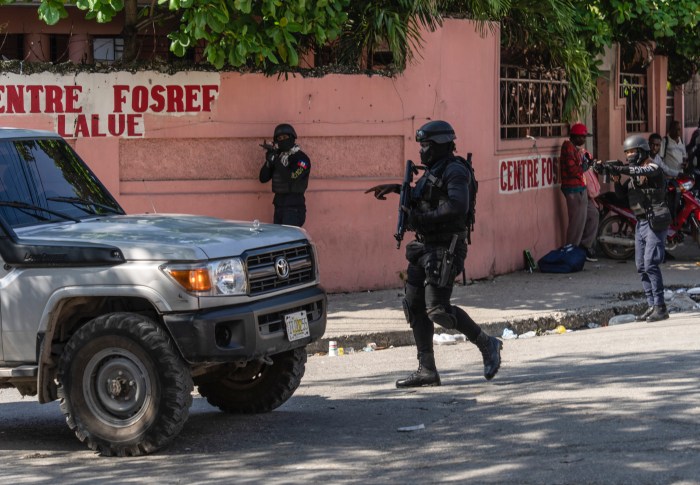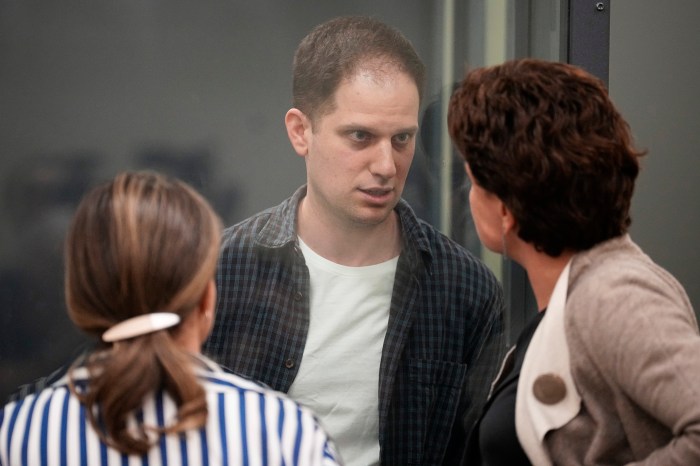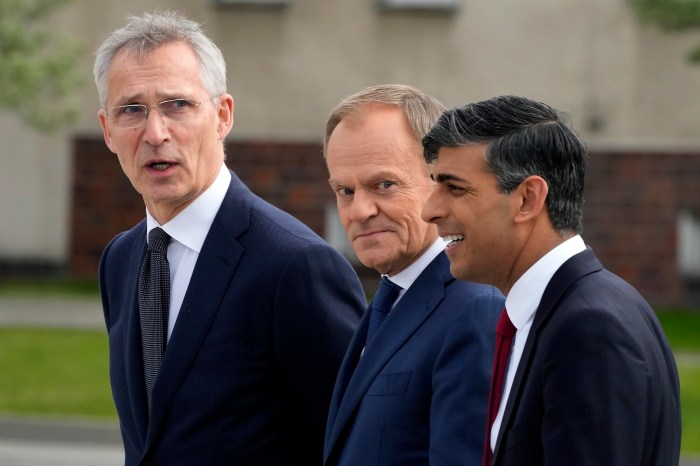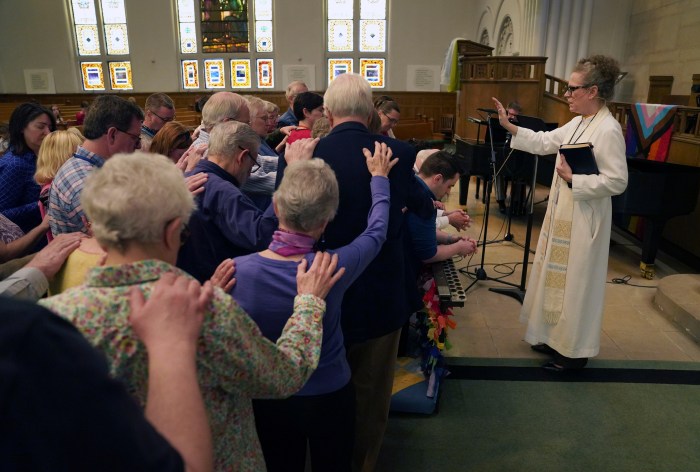BELGRADE (Reuters) – European Council President Charles Michel said on Thursday the European Union would support a speedier accession of Serbia into the wealthy bloc and help the Balkan country dependent on Russian gas and oil to diversify its energy supplies.
“We need to speed up EU integration and we must create incentive for reforms,” Michel said in Belgrade, his first stop on a tour of western Balkan countries, at a joint news conference with Serbian President Aleksandar Vucic.
Until the accession procedure is finalised, western Balkan countries should cooperate with the 27-member bloc as part of a new geopolitical community, a transitional political platform that Michel has proposed for the EU aspirant countries.
He said the new platform would not replace EU membership but would be a useful tool for the EU to discuss common challenges with Balkan countries, such as the energy crisis caused by the war in Ukraine and sanctions against Russia, Europe’s key gas supplier.
Michel said the EU would help EU candidate Serbia, which is almost entirely dependent on Russian gas and oil supplies, to diversify its gas supplies.
Vucic told the same news conference that Michel strongly urged Serbia, the only country in Europe that has not imposed sanctions against Russia, to join EU sanctions imposed over its invasion of Ukraine, which Russia calls a “special military operation”.
Vucic, who has repeatedly complained about a pressure by world powers on Serbia over its refusal to join sanctions against its traditional Orthodox Christian and Slavic ally Russia, said he explained Serbia’s stance on the matter to Michel but failed to elaborate.
Serbia is performing a delicate balancing act between its European aspirations, partnership with NATO and its centuries-old alliance with Russia, but many in Europe say that it is high time for it to choose the side.
(Reporting by Daria Sito-Sucic in Sarajevo; Editing by Mark Potter)

